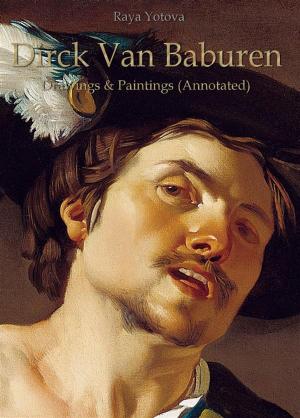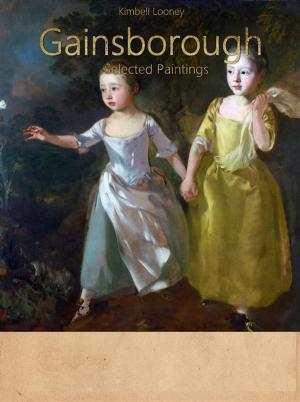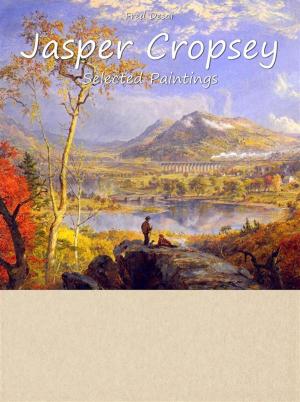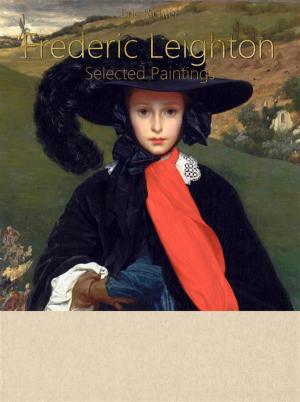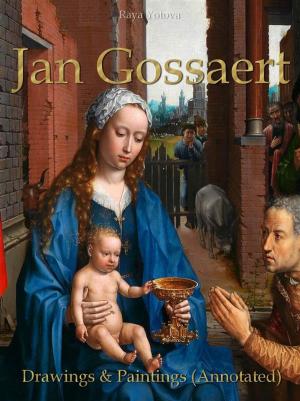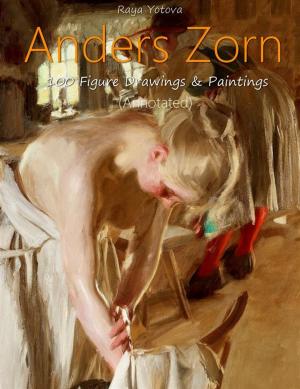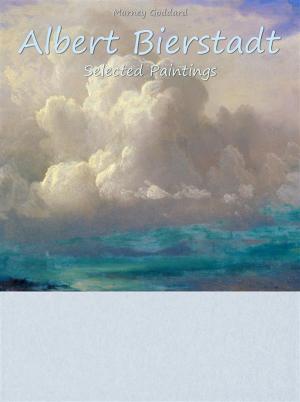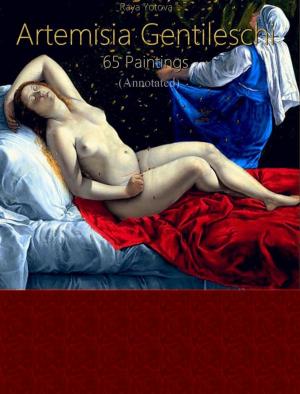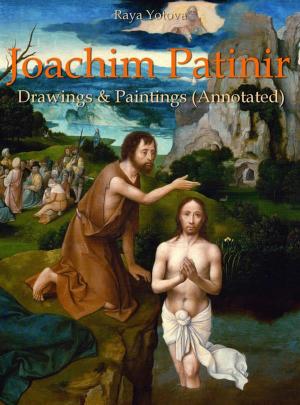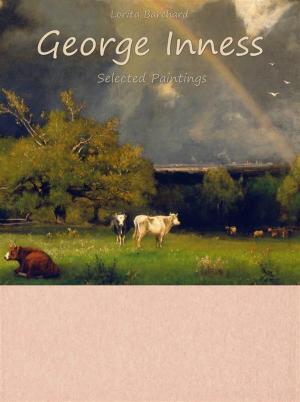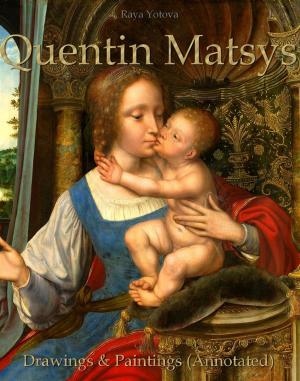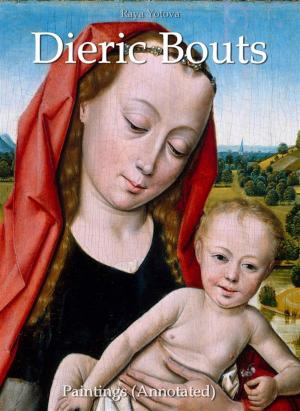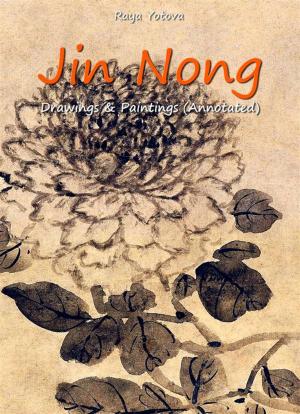Frederic Remington: Selected Paintings (Colour Plates)
Nonfiction, Art & Architecture, General Art, Art History, American| Author: | Rolland Isola | ISBN: | 9788826099477 |
| Publisher: | Publisher s13381 | Publication: | October 18, 2017 |
| Imprint: | Language: | English |
| Author: | Rolland Isola |
| ISBN: | 9788826099477 |
| Publisher: | Publisher s13381 |
| Publication: | October 18, 2017 |
| Imprint: | |
| Language: | English |
Frederic Sackrider Remington (1861 – 1909) was an American painter, illustrator, sculptor, and writer who specialized in depictions of the American Old West, specifically concentrating on scenes from the last quarter of the 19th century in the Western United States and featuring images of cowboys, American Indians, and the U.S. Cavalry, among other figures from Western culture.
Remington was the most successful Western illustrator in the "Golden Age" of illustration at the end of the 19th century and the beginning of the 20th century, so much so that the other Western artists such as Charles Russell and Charles Schreyvogel were known during Remington's life as members of the "School of Remington". His style was naturalistic, sometimes impressionistic, and usually veered away from the ethnographic realism of earlier Western artists such as George Catlin. His focus was firmly on the people and animals of the West, with landscape usually of secondary importance, unlike the members and descendants of the Hudson River School, such as Frederic Edwin Church, Albert Bierstadt, and Thomas Moran, who glorified the vastness of the West and the dominance of nature over man. He took artistic liberties in his depictions of human action, and for the sake of his readers' and publishers' interest. Though always confident in his subject matter, Remington was less sure about his colors, and critics often harped on his palette, but his lack of confidence drove him to experiment and produce a great variety of effects, some very true to nature and some imagined.
Frederic Sackrider Remington (1861 – 1909) was an American painter, illustrator, sculptor, and writer who specialized in depictions of the American Old West, specifically concentrating on scenes from the last quarter of the 19th century in the Western United States and featuring images of cowboys, American Indians, and the U.S. Cavalry, among other figures from Western culture.
Remington was the most successful Western illustrator in the "Golden Age" of illustration at the end of the 19th century and the beginning of the 20th century, so much so that the other Western artists such as Charles Russell and Charles Schreyvogel were known during Remington's life as members of the "School of Remington". His style was naturalistic, sometimes impressionistic, and usually veered away from the ethnographic realism of earlier Western artists such as George Catlin. His focus was firmly on the people and animals of the West, with landscape usually of secondary importance, unlike the members and descendants of the Hudson River School, such as Frederic Edwin Church, Albert Bierstadt, and Thomas Moran, who glorified the vastness of the West and the dominance of nature over man. He took artistic liberties in his depictions of human action, and for the sake of his readers' and publishers' interest. Though always confident in his subject matter, Remington was less sure about his colors, and critics often harped on his palette, but his lack of confidence drove him to experiment and produce a great variety of effects, some very true to nature and some imagined.

